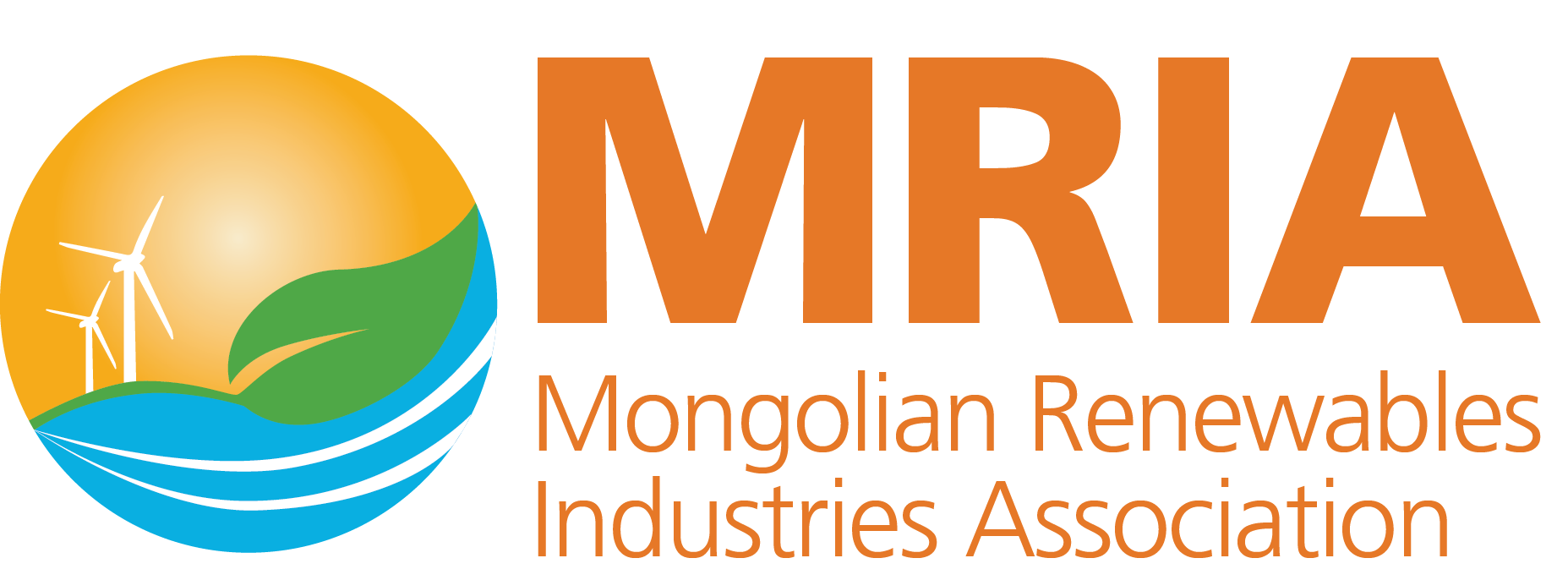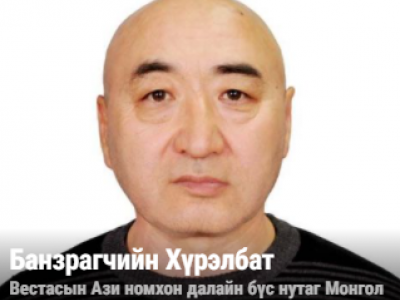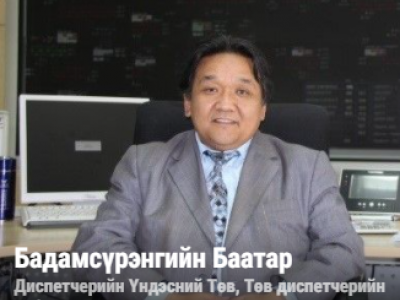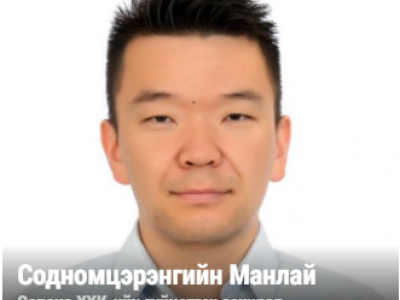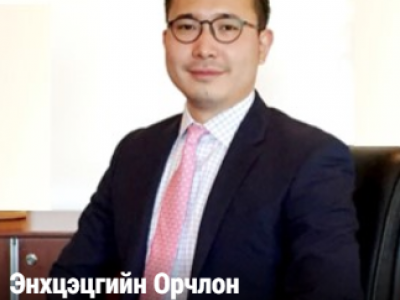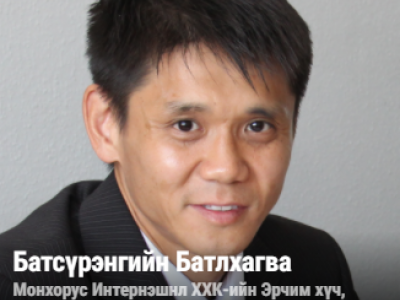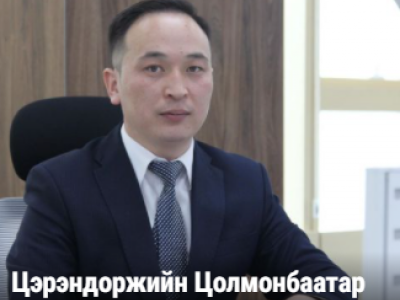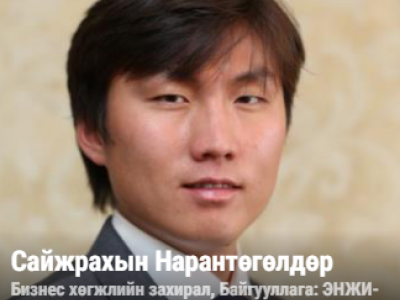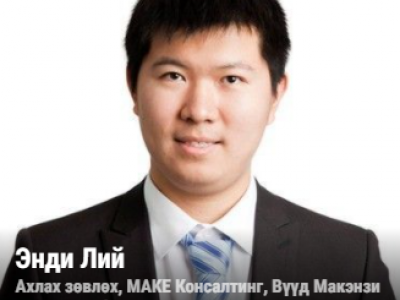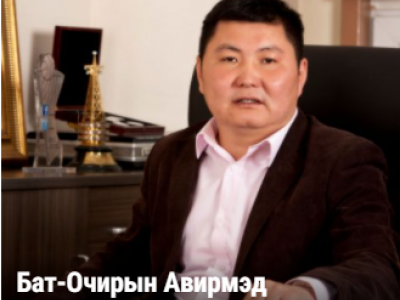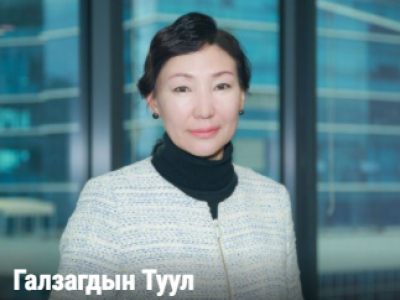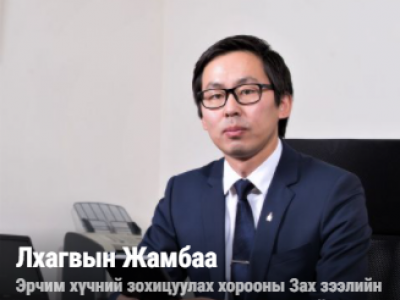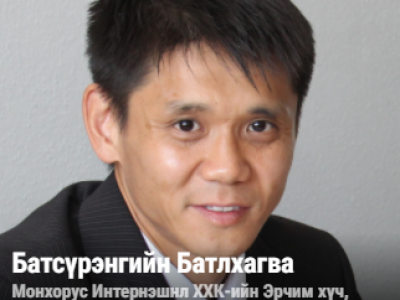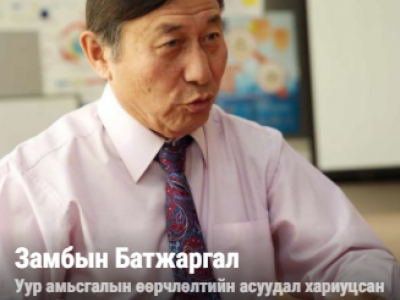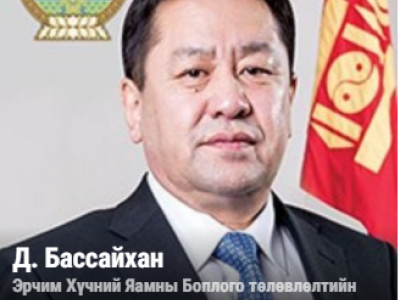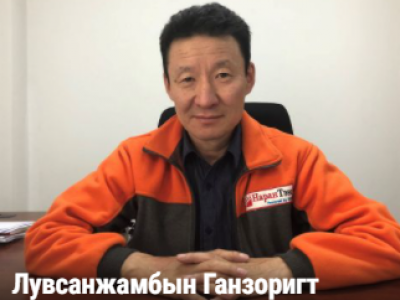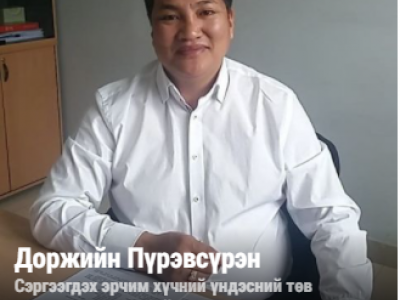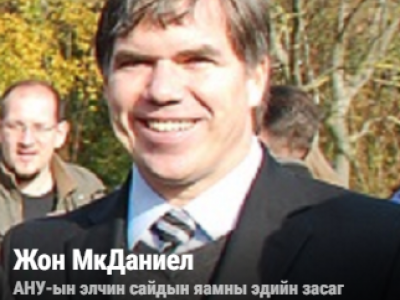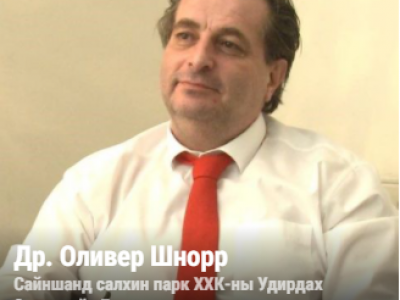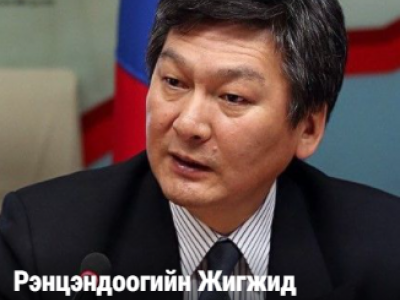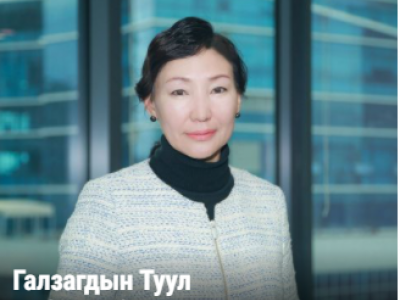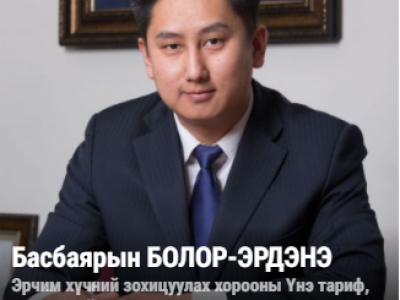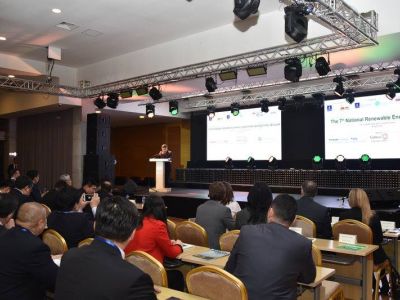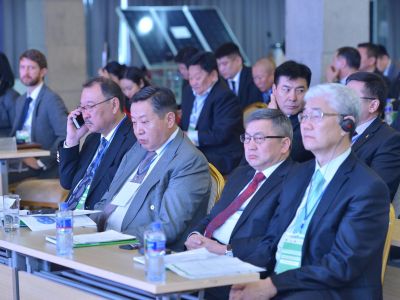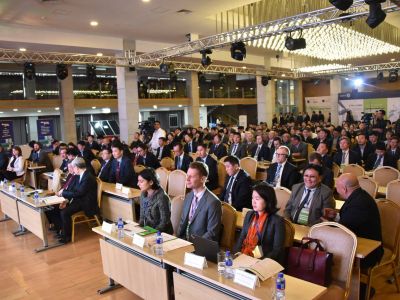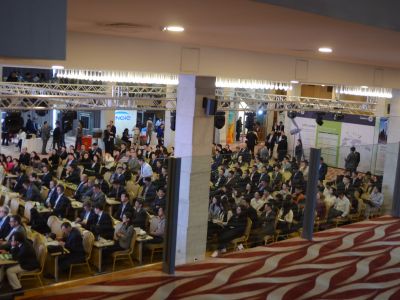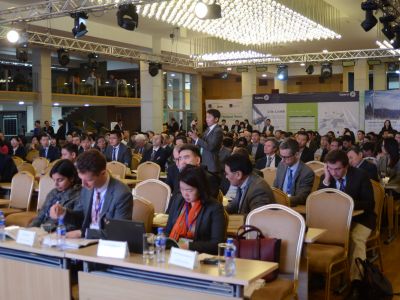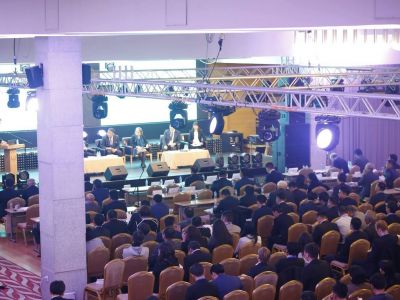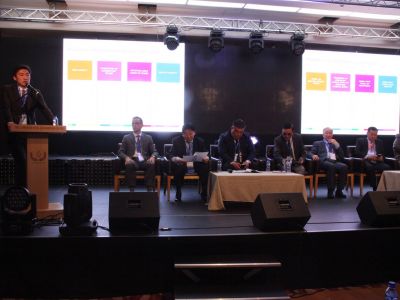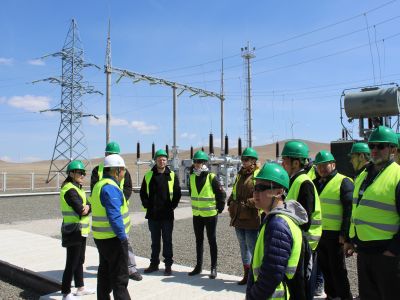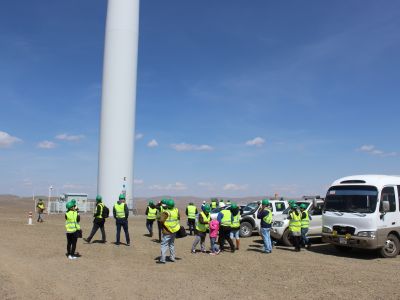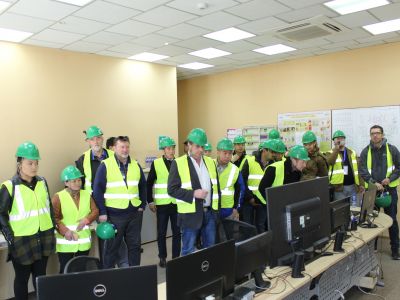THE 9TH RENEWABLE ENERGY FORUM
The National Renewable Energy Forum (NREF), the main official conference for renewable energy sector of Mongolia, has been annually organized since 2008.In the first organized event, 150 participants attended the forum and now that its organization is held by under the auspices of Mongolian Prime Minister, the number of attendees has reached 600, and scope of attendees has been broadening.
The National Renewable Energy Forum is the main platform to discuss current scenario of Mongolian renewables, its bottlenecks and achievements and the possible future scenarios of development, and is the most visited renewable energy forums.
The Ministry of Energy and the Energy Regulation Commission of Mongolia have been providing the policy support and cooperate with its organization and recommendation and proposals made from the forum are handed over to corresponding officials, making our task more efficient.
Background
It has been acknowledged that sustainable development and green development pathways based on scientific, up-to-date technology and innovation is essential to prevent the potential hazard associated with climate change, and therefore many nations have been shifting their policies in the energy sector.
Likewise, Mongolia has been aware of its obligation and set a goal to develop our renewable energy sector based upon our resources, and defined it in state policy paper that we will increase the share of renewables in our total energy mix to 20 percent by 2023, and 30 percent by 2030.
In 2016 Mongolia generated 5.8 billion kWh in total. The power generated by the thermal power plants accounts for 95.8%, power generated by diesel stations is 0.2%, and 4.2% is generated by renewable energy sources. 1.9 billion kWh of electricity is imported.
Although Mongolia has tremendous potential for renewable energies, particularly solar and wind, the majority of the energy production is from coal-fired power plants, interconnected with the Russian energy system to secure the system's reliability.
The interest of investors in Mongolian energy sector is considerably high which can be clearly seen from the fact that the total sum of capacity of special permission granted to renewable energy projects has reached 879.2 MW by the September of 2017[1].
Moreover, the Government of Mongolia has expressed a focus on improving the energy system's reliability, to increase the energy supply and construct hydropower plants as a way to ensure energy-independence. Meanwhile the Ministry of Energy has been highlighting the importance of integrating small-capacity solar and wind power plants into the distribution grid and set up the working group for this task.
Even though Mongolia has huge potential to develop renewables, but due to fact that energy from traditional coal-fired plants is so cheap, and our limited domestic energy market, the growth of renewables is limited in Mongolia.
Still, we have been developing several projects with multi-partner cooperation on the policy level, and included private partners so as to create the energy export market for Mongolia.
The result of discussions held between Mongolia and Chinese officials on the high political level, the technical and economic assessment has been developed for exporting electricity to the Chinese market. The initiative to build the Asian Super Grid, in which Mongolians southern Gobi's solar and wind power resource is to be utilized, and research work on this regard has been carried out with Asian Development Bank's financing.
We expect that recommendations and proposals by and from the 9th renewable energy forum will make a contribution for ameliorating the legal environment, regulation and procedure in the Mongolian energy sector.
About event
The National Renewable Energy Forum is the main platform to discuss current scenario of Mongolian renewables, its bottlenecks and achievements and the possible future scenarios of development, and is the most visited renewable energy forums.EXPANSION POSSIBILITY OF RENEWABLES INTO THE INTEGRATED SYSTEM
The installed capacity of domestic renewable energy is projected to reach 200MW by the end of 2018 and therefore objective of the first phase of state policy on energy, which was adopted by State Great Khural by 2014, is being realized prior to its planned term.
Therefore discussion among national and international experts will be held for deliberating issues on how to coordinate the renewable energy growth in the central system, and recommendation and proposal will be drawn up.
ADOPTION OF RENEWABLES IN DISTRIBUTION GRID
In coming years, the legal environment for utilizing renewable energy into the distribution grid is very likely to be created. This would be a new and progressive policy solution for the Mongolian energy sector. However, certain obstacles are obstructing the implementation of this policy. Herein: the technological requirements of the distribution grid, tariff regulation and the distribution company's status e.g
Hence, presentations relating to energy utilization into distribution grid will be given, and a discussion on this regard will be held to the purpose of drawing up recommendations and proposals, to be reflected into future regulation.
MARKET REGULATION AND COMPETITION
A Grid Code is needed to regulate the technological activities by the compounding parts of the energy system, by integrated procedures and prompt management. So the Grid Code is a significant paper that ensures the energy system's reliability and safety, as well as determining technological trends in the system.
Most energy sources, that account for 90 per cent of Mongolian installed energy capacity, is state-owned and does not require investment cost to be recovered. This has bad implications for private-invested renewable energy utilization intointegrated system and its competition.
Therefore during the forum, presentations and discussions relating to tariff solution and grid code will be organized, and recommendations and proposals for energy-source regulation will be sought out.
Moderators
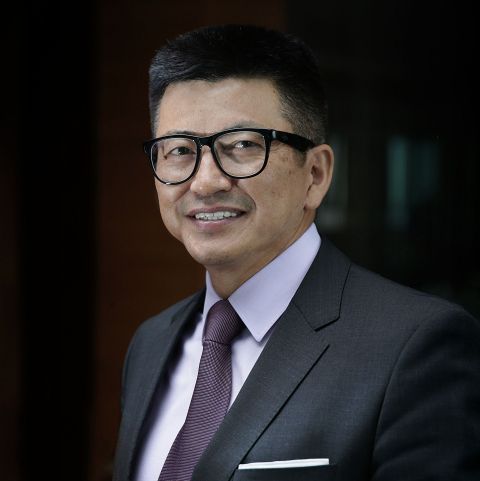
Jargalsaihan Dambadarjaa
Executive Director and Economist, DeFacto institute
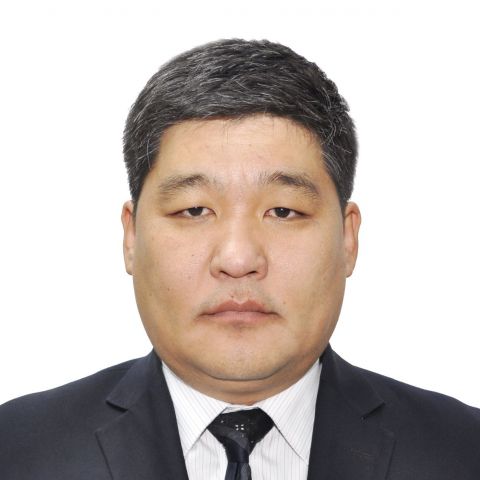
Bavuudorj Ovgor
Head, Renewable energy division, Ministry of Energy
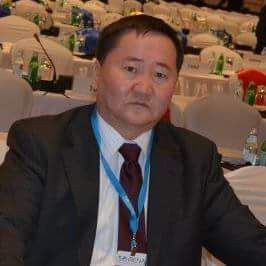
Osgonbaatar Jambaljamts
President of Mongolian Renewables Industries Association


